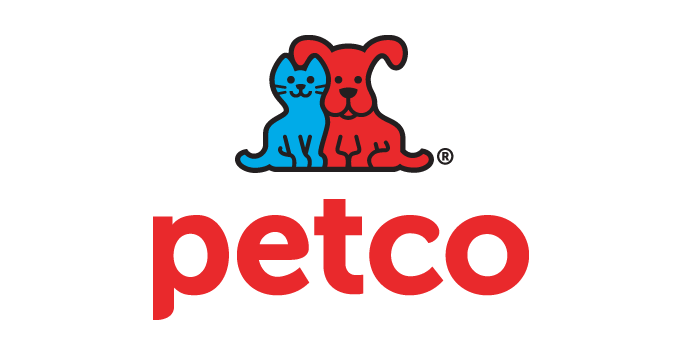The retail industry has one of the highest rates of poor mental health according to research by Mental Health America. The demands of a customer-facing retail job can be overwhelming. Specifically, patience, kindness and an upbeat attitude in the world where the customer is always right are difficult to muster in the midst of mental health struggles. Those demands in addition to a unique combination of pressures including difficult customers, job insecurity, unpredictable hours, multiple jobs, lack of access to care, and low wages all contribute to high stress, lower productivity, absences, accidents and turnover among retail employees.
Another study, released in February 2022, revealed that:
- 48% of retail associates have considered quitting in the last year
- 45% believe their mental health is not a concern to their manager
- 40% report worsening mental health in the last year
- 42% have cried due to the stress of work or customers
- 64% have noticed an increase in verbally aggressive/confrontational customers
- 48% have experienced or witnessed a verbally abusive customer
The Cost of Poor Mental Health On The Retail Industry
Mental health conditions cost US employers an estimated $225.8 billion each year. The cost of poor mental health in the retail industry can surface in many different ways:
Increase in cost of care
As the severity of overall mental health worsens the cost associated with diagnosing and treating different conditions increases. For example, direct medical expenditure for anxiety disorders alone has been estimated at $34 billion annually.
Increase in turnover
The monthly job report from the U.S. Department of Labor shows a record number of employees leaving their jobs— 4.5 million resigned last November alone. Retail has been one of the sectors that has been hit the hardest by employee resignations.
Loss of productivity & increase in absences
Poor mental health is a main contributor to low productivity at work and an increase in absences. Individuals suffering from mental health issues like anxiety or depression miss work more often. In fact, stress, anxiety and depression account for 13.8 million lost workdays.
Increase in accidents
Retail is already an industry prone to accidents given the demand on employees to lift and organize heavy material. These accidents become more likely when employees experience mental health difficulties in an environment where they feel unsupported.
Disability cost
Disability claims research shows that mental health conditions account for 70% of workplace disability costs. For example, individuals suffering from generalized anxiety disorder (GAD) experience an average of 4.6 work days lost to disability per month and 18.1 work days lost to disability per 3 months.
Cass for Retail
The upside to these staggering figures is that for every $1 invested in treating depression and anxiety, there is a $4 return for the economy. This is where Cass comes in.
Cass’ engine provides an affordable, scalable, and scientifically proven customizable mental wellness program via text messaging so organizations can help their employees, members, and communities overcome hardships, become more resilient, happier, and engaged.
In addition, employers can use the Cass to reach employees one-on-one anywhere and at any time to promote resources that can help them develop and achieve better overall well-being.
Retailers can use Cass to differentiate themselves amongst other employers and providers by increasing access to new and existing resources while keeping costs incredibly low.
With Cass Retailers are able to:
- Attract more talent, reduce turnover, number of absences, boost productivity, and ultimately boost morale and their employees wellbeing.
- Provide their employees and community with a low-cost, personalized and effective solution that is available 24/7 via text message in multiple languages.
- With one phone number and a single click, deploy Cass to thousands of people and proactively send various outreaches to engage their community.
- Customize Cass to send out specific content, resources, or programs that are tailored to their employees or customer base.
- Support their employees and customer base with a proven, research based technology set that reduces depression, stress, anxiety, and many other mental health-related issues.
- Scale their support and offering by tapping into Cass’ 5,000 certified counselors network available on-demand in all 50 states.
- Track impact by reviewing data like the number of people supported, number of messages exchanged, number of people triaged, number of resources provided, common emotions expressed, and dollars saved in the cost of care.
A Proven Solution
Covering over 30 million people globally, Cass has been scientifically proven to reduce anxiety by 18% and depression by 28%, leading to a profound impact on employees productivity and turnover.








